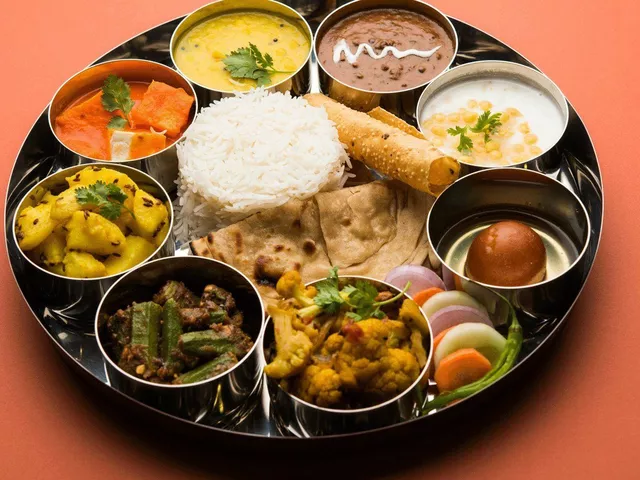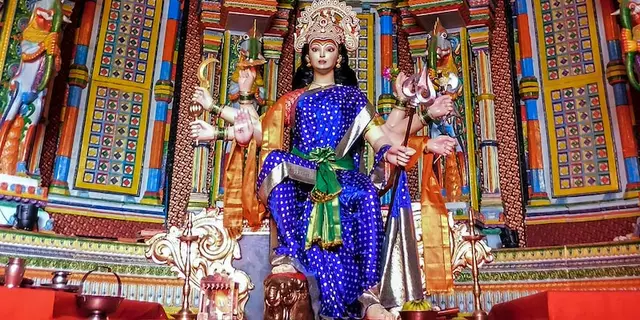How to deal with people who hate India and Indians openly?

Strategies for Addressing Prejudice and Discrimination against Indians in the Workplace
Unfortunately, prejudice and discrimination against Indians in the workplace continues to be a problem in many countries around the world. As an Indian, it can be difficult to know how to respond to such behavior. The following strategies can help you address prejudice and discrimination against Indians in the workplace.
1. Speak Up
The first step in addressing prejudice and discrimination against Indians in the workplace is to speak up. This can be difficult, especially if you fear the consequences. However, it’s important to make your voice heard. If you hear or see something that is offensive or discriminatory, don’t be afraid to speak up and let the other person know that it is not acceptable.
2. Document Incidents
If you experience or witness discrimination or prejudice against Indians in the workplace, it’s important to document the incident. Take notes about what happened, who was involved, and any other relevant information. This will help you if you decide to take further action.
3. Report the Incident
If the discrimination or prejudice against Indians in the workplace continues, you should report it to your supervisor or human resources department. Depending on the severity of the incident, you may also have the option to file a formal complaint with the Equal Employment Opportunity Commission (EEOC).
4. Reach Out to Others
Finally, it’s important to reach out to others who may have experienced similar discrimination or prejudice in the workplace. Talking to other Indians in the workplace can help you feel less alone and can provide a sense of solidarity. Additionally, they may be able to provide insight and advice on how to best address the issue.
By following these strategies, you can help create a safe and respectful workplace for all Indians. While it can be difficult to address discrimination or prejudice against Indians in the workplace, it’s important to take action to ensure that everyone is treated with respect.
It can be disheartening and hurtful to encounter people who don’t appreciate India and its culture. Whether it’s a friend, family member, or a stranger, it’s important to remember that their views are rooted in a wide variety of experiences, values, and beliefs. It is possible to respectfully challenge their views without engaging in a hostile argument.
Some people may have had negative experiences with Indians or India in the past, while others may simply not know much about the country or its culture. It is important to take the time to understand their point of view and to have a constructive dialogue. It can be helpful to ask them questions to better understand their views, such as why they feel the way they do about India. It can also be beneficial to explain your perspective and educate them about the country and its culture.
It is important to remember that it is okay to disagree with someone and to challenge their views in a respectful manner. Allowing the other person to express their views without judgement or criticism can help to open up a dialogue and foster understanding. It is also important to be aware of your own biases and to be open to the possibility of learning something new from the other person’s perspective.
At the end of the day, it is important to remember that respect and understanding are key when it comes to dealing with people who don’t appreciate India and its culture. Taking the time to listen and understand their perspective can help to open up a dialogue and foster a more positive relationship.
When someone makes an offensive comment about India or Indians, it can be difficult to know how to respond. It can be tempting to lash out, or to make a sarcastic comment, but this is unlikely to lead to a productive conversation. Instead, it's important to stay calm and use the opportunity to educate the other person about Indian culture and values.
First, it's important to listen carefully and try to understand their point of view. Ask questions to clarify their views and try to understand the reasons behind their comments. This can help you to build a bridge between the two of you and make it easier to have a meaningful conversation.
Once you understand their perspective, you can start to explain why their comments are offensive and why they are wrong. Explain the history of India and the values and culture that are important to Indians. Show them that there is more to India than they think they know. Explain why the stereotypes they have heard or read about are inaccurate.
Finally, try to end the conversation on a positive note. Focus on what you have in common and the positive aspects of Indian culture. Show them that there is much more to India than what they may think. This can help to change their opinions and open their eyes to a new perspective.




